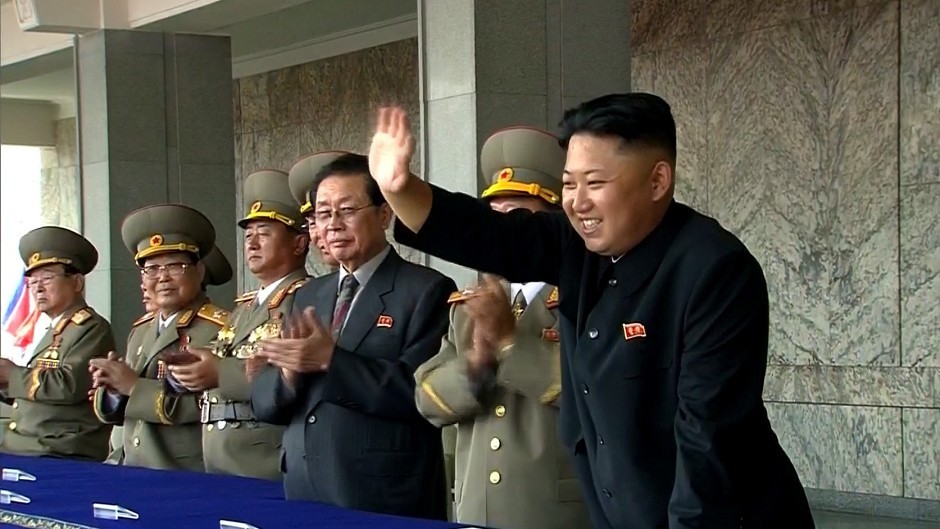North Korea has allegedly thrown its weight behind Scottish independence.
It has been reported that the country’s dictator Kim Jong-un was feeling positive about a Yes vote next week.
Representatives in Pyongyang have allegedly said North Korea was looking to trade with Scotland if it breaks away from the UK.
Choe Kwan-il, managing editor of the Tokyo-based, North Korea backed newspaper Choson Sinbo, has claimed Kim Jong-un believes independence “would be a very positive thing for Scotland”.
It is not the first time North Korea has been recently associated with Scotland because a row broke out in June after Alistair Darling, leader of the pro-UK group Better Together, compared Alex Salmond to North Korea’s late dictator.
The Labour MP claimed the first minister behaved like Kim Jong-il in the way he blamed the media for Ukip winning a European Parliament seat in Scotland.
North-east Conservative MSP Alex Johnstone said: “The first minister has been increasingly behaving like a dictator as this campaign’s intensified.
“Perhaps his dislike for scrutiny and fury at anyone who dares question his grand vision are what attracted the North Korean regime to Scottish independence.”
Mr Salmond was asked an a international news conference in Edinburgh yesterday if he felt “isolated” on the world stage after Australian Prime Minister Tony Abbott recently spoke out against independence.
Mr Abbott claimed Yes voters were not “friends of freedom” or “friends of justice” and US President Barack Obama recently said he was not in favour of the UK being broken up.
But Mr Salmond said: “We have very substantial support on the international stage.
“Given the UK Government asked every world leader to make a statement of support for their position and only a handful have obliged, I think we have got to conclude that the other world leaders said no.”
Mr Salmond said he had received correspondence from Scots Australians who said they wanted to disassociate themselves with Mr Abbot’s comments.
